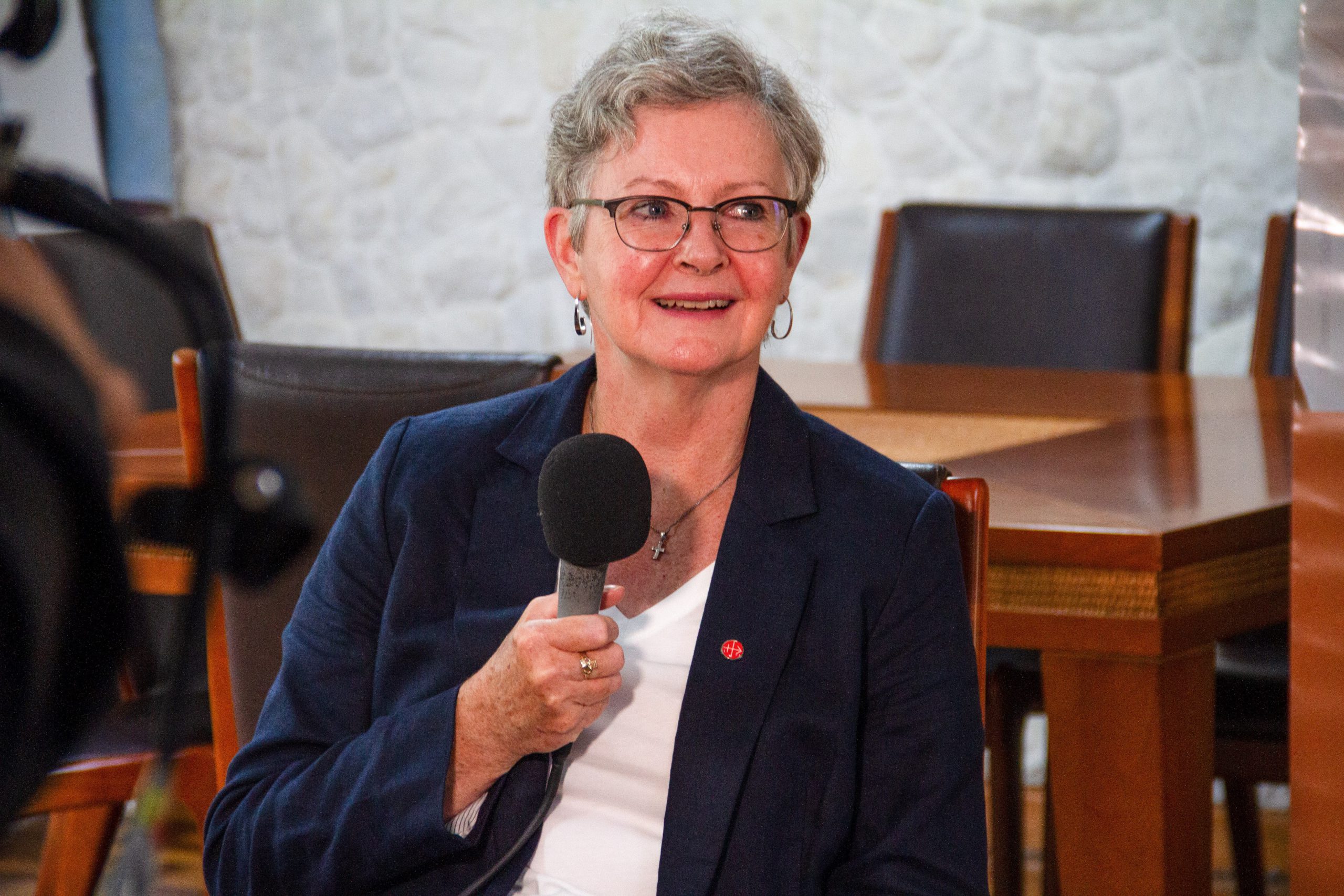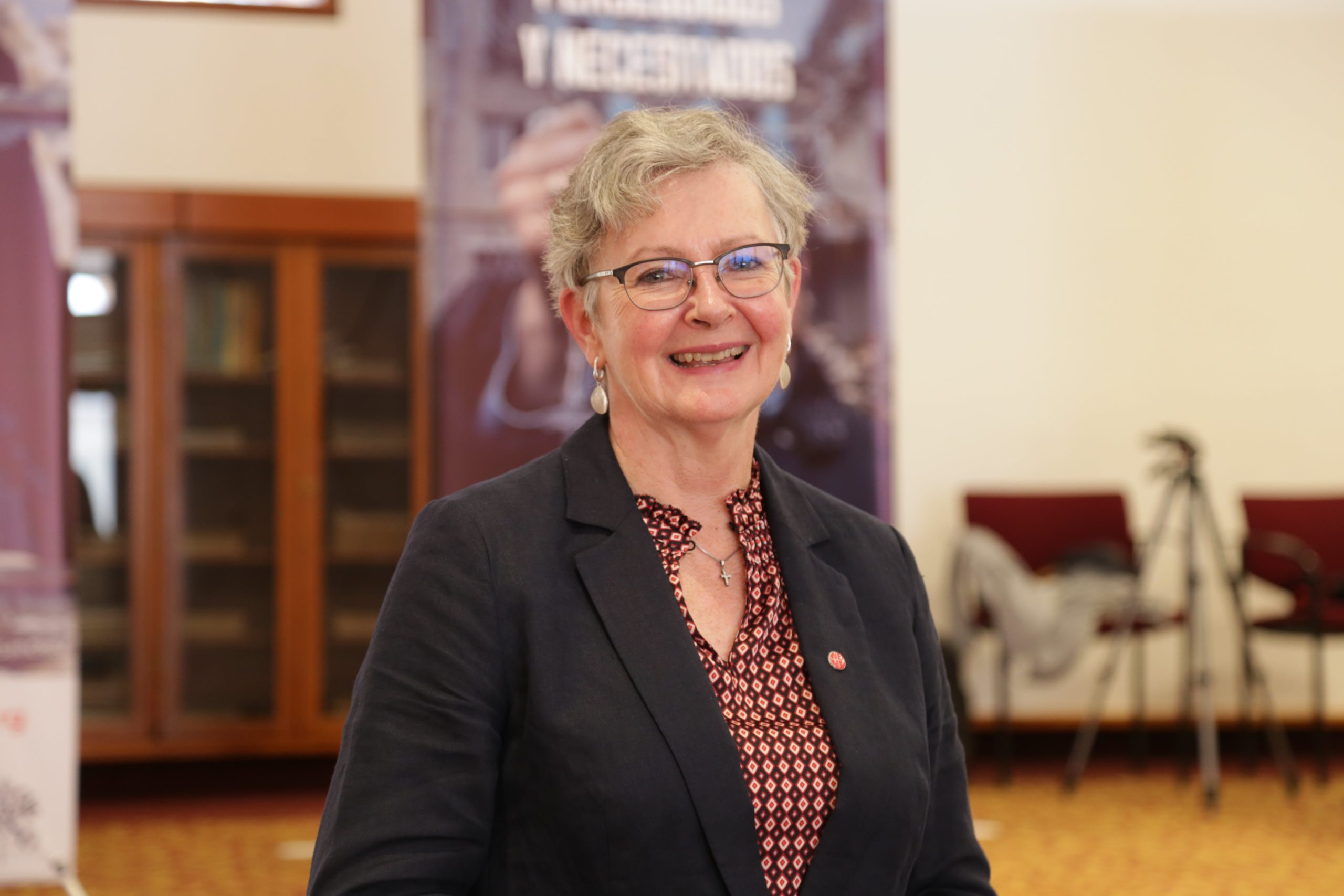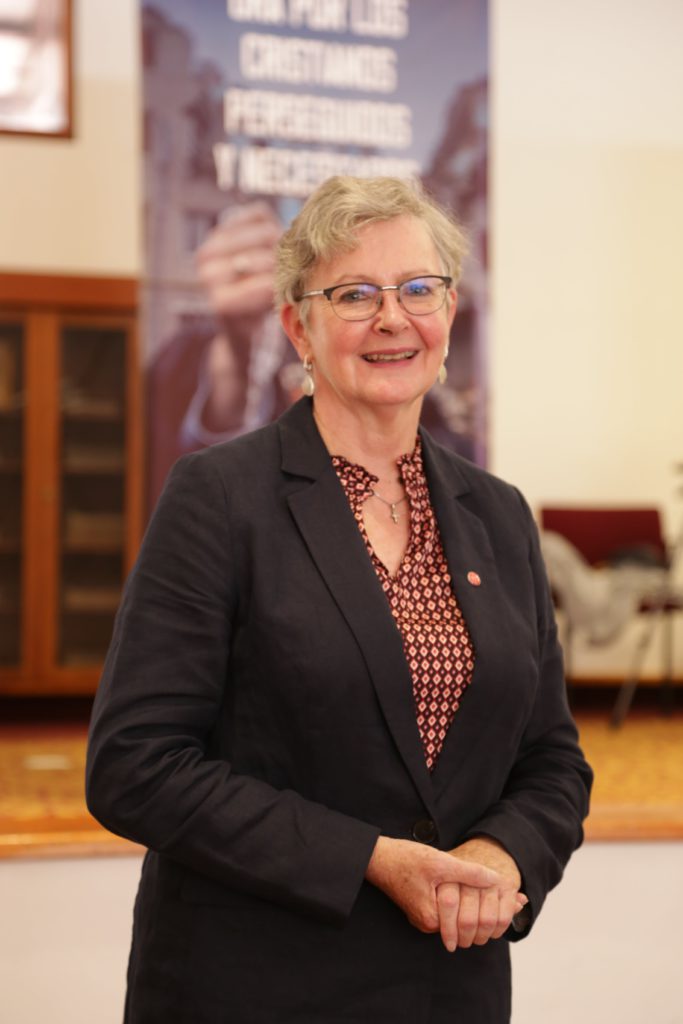A bill approved by the US Congress will go a long way to helping fund efforts to promote religious freedom in countries where it is lacking. The pontifical charity Aid to the Church in Need (ACN) has expressed its appreciation for the recent decision by the United States Congress to renew and deepen its commitment to religious freedom in countries and regions where people continue to suffer for their faith.
On Friday, 28 June, the United States Congress adopted the full text of the State, Foreign Operations, and Related Programs Appropriations Bill for a total of USD 51.7 billion. The Bill includes several paragraphs related to funding of actions and projects for the promotion and protection of religious freedom, as well as directing financial support to faith-based organisations active in Nigeria.
The pontifical foundation Aid to the Church in Need, dedicated to helping address the pastoral and material needs of suffering and persecuted Christian communities throughout the world, and publishers of a biennial Religious Freedom in the World Report, salutes this outcome.

“This is a concrete manifestation of how US legislators acknowledge the painful consequences of religiously motivated violence,” said Regina Lynch, Executive President of ACN International. “Because this is a decision on taxpayers’ money, the acknowledgement includes the fact that faith-based organisations such as the Church are reliable partners for US humanitarian and development projects.”
Thanks to the charity’s advocacy work, project partners are able to bring their testimonies and explain their situation to policy makers and express their concerns. This reflects ACN’s mission to give a voice to the voiceless. In the past several months, ACN project partners from Nigeria, Pakistan, Iraq, and other regions where Christians are persecuted and discriminated against, brought their valuable first-hand witness to European and US policy-makers.
This year’s funding bill contains several strong provisions related to international religious freedom, including:
- $4.8m in funding for the U.S. Commission on International Religious Freedom (USCIRF).
- $50m in funding for international religious freedom programming at the U.S. State Department.
- $15m in funding made available for democracy and religious freedom programmes in Nicaragua.
- $10m to support religious freedom and atrocity response projects in Nigeria, including in the Middle Belt and Benue State.
- A requirement that the Secretary of State explain to the appropriate congressional committees, within 30 days, why his department did not designate a state as a Country of Particular Concern (CPC) when making CPC designations, in cases where the USCIRF had so recommended.
- Language expressing concern at the destruction and desecration of religious and historical sites «of importance to ethnic and religious minority communities in conflict zones» and a request for a report within 120 days of bill passage from the Secretary of State, in consultation with USCIRF, to the appropriate congressional committees on such «religious and historical sites in conflict zones that have been destroyed or desecrated… due to the recent conflict.»
- Language requiring USAID to report on its efforts to remain compliant with U.S. law in non-discrimination against faith-based organisations in competing for and administering projects funded by U.S. foreign assistance.
- Language expressing concern that persecuted religious minorities are not receiving necessary assistance and requiring a report on the status of «small and medium-sized projects to benefit such victims.»

As per its statutes and mandate, ACN does not take any funding from government sources, and therefore does not stand to benefit from this outcome.
“In the belief that this package will be of great assistance to the many groups who continue to suffer terrorist attacks, hardship and discrimination due to their religious convictions, ACN once again expresses its appreciation to US commitment to the cause of religious freedom, and invites other countries to follow this example,” affirms Lynch.


